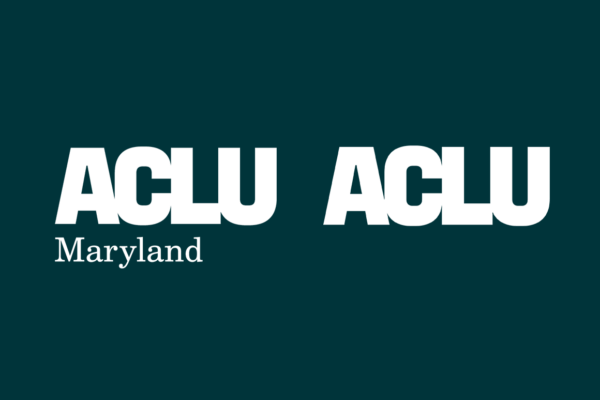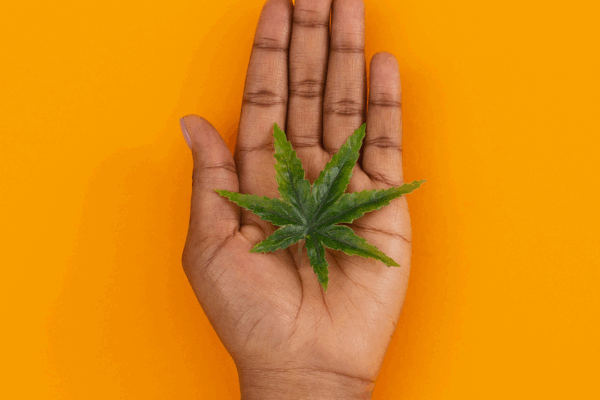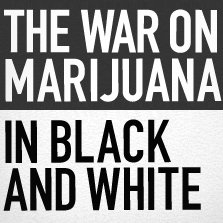ANNAPOLIS, MD – Today, a group of twenty-seven Maryland-based groups sent an open letter to Senate President Bill Ferguson and House Speaker Adrienne Jones to demonstrate their united support for a racial justice-centered approach to legalizing marijuana in our Maryland. The groups encourage the General Assembly leaders to ensure that any legalization bill contain strong provisions to both repair and protect against the harms of the war on marijuana on the individuals and communities most impacted by it.
27 Maryland-based supportive groups: ACLU of Maryland, Baltimore Algebra Project, Baltimore Action Legal Team, Bloom Collective, Calvert PRISM, CASA, Common Cause-Maryland, Community Justice, ElevateHER Inc., FACE Addiction Maryland, Inc, Fenix Youth Project, Jews United for Justice-Baltimore, JustUs Initiative, Leaders of a Beautiful Struggle, League of Women Voters of Maryland, Lower Shore Progressive Caucus, Maryland Nonprofits, Maryland Office of the Public Defender, NAACP Maryland State Conference, Prince George's County Young Democrats, Progressive Maryland, Racial Justice NOW, Takoma Park Mobilization, The People's, Commission to Decriminalize Maryland, The Talking Drum Incorporated, Schools not Jails, and SURJ-Baltimore.
The groups’ letter notes a recent ACLU poll showing that ending odor-based searches by police, along with other racial justice-centered provisions, appeals to Maryland voters and actually broadens support. Unfortunately, important elements are left out of current legislation (SB 833 and HB 837) that must be added for Maryland to achieve anything resembling racial justice. There are four missing aspects of justice-related policy. And the bills do not adequately reinvest the tax dollars a legal market will bring on the communities most targeted – for decades – by racially biased marijuana enforcement and the serious consequences that have resulted.
In 2014, when the Maryland General Assembly decriminalized the possession of 10 grams or less of marijuana – it was in large part because of the severely disparate enforcement of marijuana laws on Black people. However, decriminalization was never enough, and despite the same rates of use among Black and white people – Black people in Maryland continue to be arrested overwhelmingly more than whites and at disproportionate rates.
The groups make clear that the following elements are essential to realizing a racial justice centered marijuana legislation bill:
- Eliminate all criminal penalties for possession and possession with intent to distribute marijuana.
- Adequately address all of the marijuana-related offenses that Black people have been saddled with that have led to lack of access to employment, public benefits, and exposure to higher levels of incarceration than their white counterparts.
- End the police practice of disproportionately and unnecessarily targeting and searching Black and Brown Marylanders due to the supposed odor of marijuana.
- End penalties for people who smoke in public. Otherwise, Black and Brown people will continue to face the brunt of the enforcement and unnecessary interactions with police.
- Create a community reinvestment and repair fund that allocates resources directly back to the jurisdictions that have been most impacted by the "war on drugs." This fund would allow the community to play a role in determining how those resources are allocated.
In the letter to President Ferguson and Speaker Jones, the groups offer to work closely with them to create a new model for the country. Right now, there is an opportunity for Maryland to create an equitable marijuana market that repairs past harms to our communities – and the groups are ready to help make it happen.
###
Related Content

New Poll: Racial Justice Provisions to Repair Harm from "War on Drugs" Strengthen Support for Marijuana Legalization
Stay Informed
Sign up to be the first to hear about how to take action.
By completing this form, I agree to receive occasional emails per the terms of the ACLU’s privacy statement.
By completing this form, I agree to receive occasional emails per the terms of the ACLU’s privacy statement.



